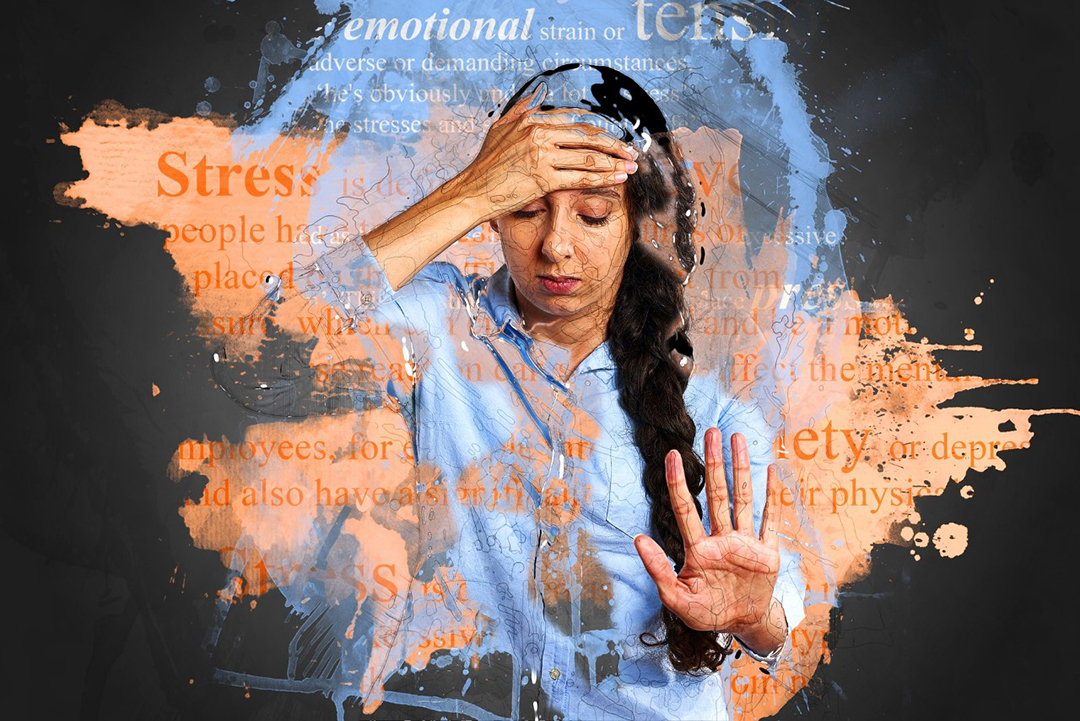“I worry about everything – I have a constant feeling of gloom and doom; I am waiting for the other shoe to drop. I can never enjoy the moment; I’m always worried about something bad happening to me or to my family members. My muscles are tight with a knot in my stomach, I feel restless and uneasy all the time. At night, my mind is racing with all the worries and I can’t sleep. I feel like I am doing something wrong and have this fear of making mistakes and embarrassing myself. I have no confidence and I am always fearful. I can’t go on like this. I can’t function at home or at work.”
I hear this narrative time and again from my patients when they come for treatment.
These symptoms describe someone suffering from anxiety disorder. Anxiety disorders are very common. One out of five persons in the US suffers from some form of anxiety disorder. Women are twice as likely to suffer from anxiety than men. Fifty percent of people suffering from anxiety do not seek treatment and suffer the consequences of the condition. People who do seek treatment, often do so 15 to 20 years after their symptoms appear. They think that it’s the normal way of thinking. They realize that their fears are irrational but cannot stop them.
Anxiety can come in various forms. It can range from fear of heights to severe panic attacks that make you so fearful that you are afraid to leave your home.
Some people only have certain specific fears: heights, closed spaces, flying, crowds, public speaking, driving, going over bridges, going through tunnels, snakes, spiders, injections, driving or sight of fresh blood. In these individuals, anxiety is provoked by an outside stimulus.
Separation Anxiety Disorder, Selective Mutism, Generalized Anxiety Disorder, Social Anxiety Disorder, Panic Disorder and Agoraphobia are conditions that give you symptoms that can come on for no apparent reason. Even when everything might be going great in your life, you find yourself getting symptoms of anxiety. These conditions get worse when there is even a minor stress.
People adapt to it by avoiding things that make them anxious and this in turn impacts their ability to live normal, healthy and full life. These fears prevent them from achieving their full potential in all aspects of life, be it as a parent, spouse, student, or in their career. People become dependent and needy as they are burdened with fears and insecurity.
You don’t have to let this anxiety dictate your life, there are treatments for it. You can get your life back.
In subsequent blogs, I will explore each of these conditions to inform you of the origins, risk factors, and treatment.
 by Prakash P Amin, MD
by Prakash P Amin, MD
Board Certified in Psychiatry and Neurology
Psychiatrist in Private Practice, Mercerville, NJ
Senior Vice-President, SAMHIN
Feature image by Pete Linforth from Pixabay






